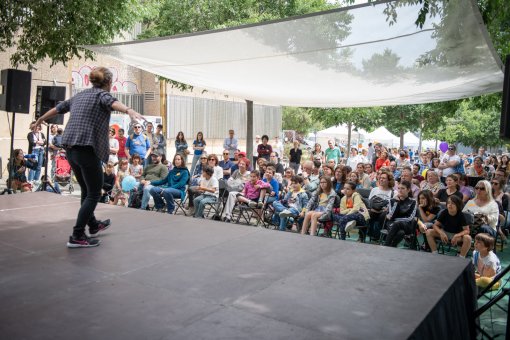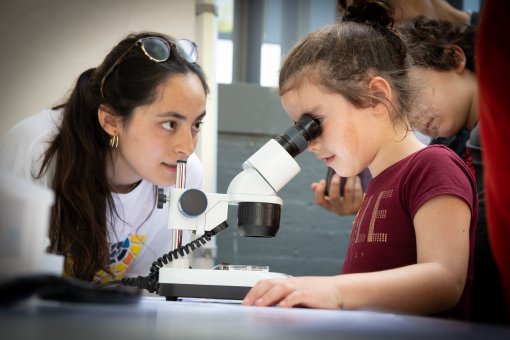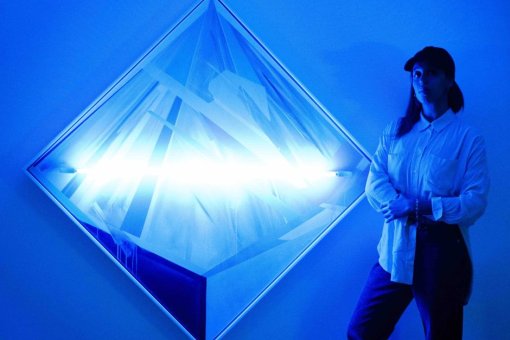Images
Participants
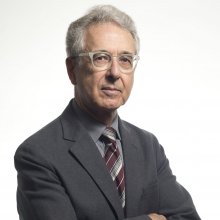
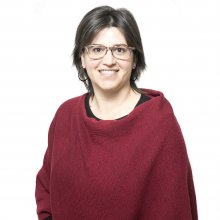
Contact

The Montserrat School, IRB Barcelona, and the Fundació Catalunya La Pedrera take stock of their 3-year joint project that has brought about a change in the teaching method at this primary school.
“To bring an institute unrelated to the field of education together with a school wanting to transform the curriculum and to truly innovate”. This statement by Lluís Farrés, director of the Knowledge Section of the Fundació Catalunya la Pedrera, describes the objective behind the Tandem School project, an initiative launched by this organisation in 2011 seeking to foster innovation in education. This is achieved by bringing together a primary school and a specialised centre of reference over three years to work towards enhancing the pupils’ learning experience.
#video: DISCOVERING THE BIOMEDICINE TOGETHER
(Subtitles available in English)
Selected to participate in the 13th Tandem project run by the foundation, the Montserrat Primary School, in the neighbourhood of Sant Ildefons in Cornellà, and the Institute for Research in Biomedicine (IRB Barcelona) have, over three years, “followed a pathway that hasn’t been easy but has been gratifying,” says IRB Barcelona’s Public Engagement and Science Education Officer, Muriel Arimon. Biomedicine and the scientific method have been the key to this transformation.
In June, the school opened a refurbished science lab with new equipment in an opening ceremony that acknowledged the three years of excellent work and that was attended by all those involved in the project and representatives from organisations in the neighbourhood.
Improve critical thinking
This December, as the the project enters its final stage (it is expected to end in the first few months of 2019), IRB Barcelona is presenting a video which, through images and statements made by some of the participants, reflects the effort and the achievements made and the positive experience shared by all those involved.
The coordinator of the Tandem project at Montserrat School, Marta Ruiz, says, “What we have done is base ourselves on science by teaching using science. It’s not a change that is going to happen from one day to the next. The scientific method has shown us how important it is to ask questions, to think about how to answer them, and to draw conclusions. Now we have to continue what the project started”.
As highlighted by former IRB Barcelona director, Joan J. Guinovart, in a time of fake news and information overload, it is important to think critically, to ask yourself why, and to find answers that are solid...“it is much more difficult to trick a person trained in the scientific method, a person capable of reasoning like a scientist”. Guinovart says: “The teachers, pupils and scientists are proud to have been able to make a success of this challenging project”.
About IRB Barcelona
The Institute for Research in Biomedicine (IRB Barcelona) pursues a society free of disease. To this end, it conducts multidisciplinary research of excellence to cure cancer and other diseases linked to ageing. It establishes technology transfer agreements with the pharmaceutical industry and major hospitals to bring research results closer to society, and organises a range of science outreach activities to engage the public in an open dialogue. IRB Barcelona is an international centre that hosts 400 researchers and more than 30 nationalities. Recognised as a Severo Ochoa Centre of Excellence since 2011, IRB Barcelona is a CERCA centre and member of the Barcelona Institute of Science and Technology (BIST).


